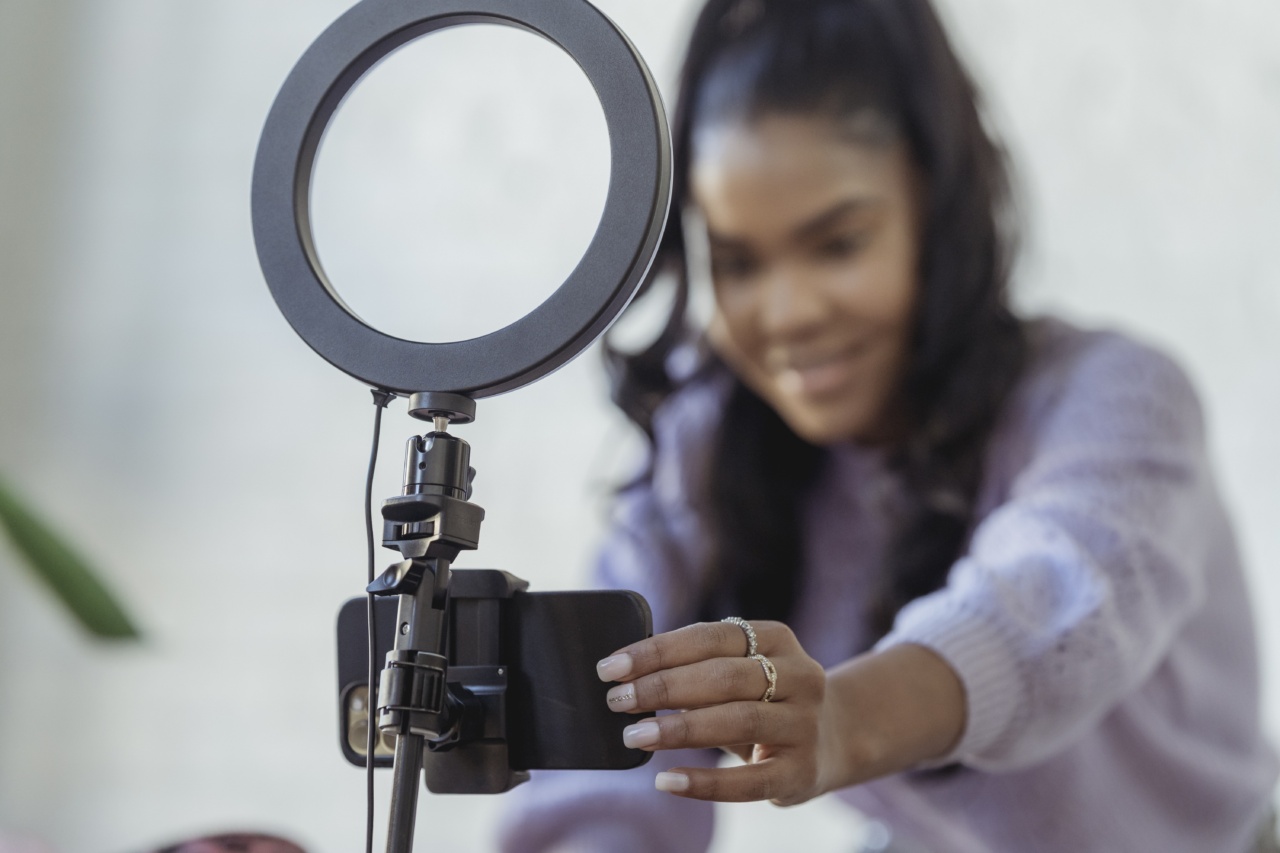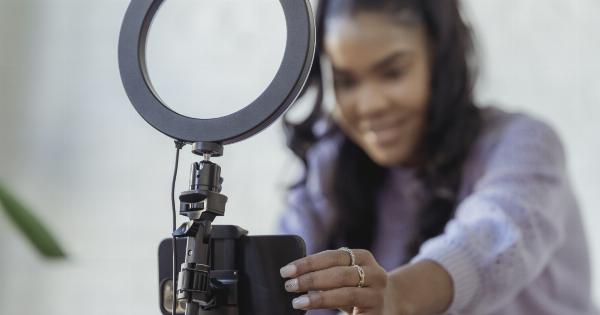In today’s digital age, social media has become an integral part of our lives. It has revolutionized the way we connect, communicate, and share information.
With the rise of platforms like Facebook, Instagram, and Twitter, our social media presence has become a reflection of who we are. However, have you ever stopped to consider how your online persona affects your happiness?.
The Illusion of Perfection
One of the primary ways in which social media impacts our happiness is the illusion of perfection it creates.
People tend to showcase their best moments, accomplishments, and experiences on social media, giving the impression that their lives are flawless. As we scroll through our feeds and see others achieving success, traveling to exotic destinations, or enjoying picture-perfect relationships, we can’t help but compare ourselves to them.
This constant comparison can lead to feelings of inadequacy, insecurity, and dissatisfaction with our own lives.
Fear of Missing Out
Social media also breeds a fear of missing out (FOMO). Seeing our friends or acquaintances participating in exciting events or engaging in fun activities without us can trigger feelings of exclusion and sadness.
This fear of missing out amplifies the pressure to be constantly connected and up to date with what everyone else is doing. It can lead to anxieties about not being invited or included in social gatherings, which ultimately affects our overall happiness.
The Impact of Likes and Validation
Every time we post a photo or share a status update, we subconsciously seek validation in the form of likes, comments, and shares.
The number of likes and positive comments we receive on our social media posts often becomes a measure of our self-worth and popularity. However, when our posts don’t receive the desired engagement, we may feel ignored, unappreciated, or even unworthy. This dependence on social media validation can significantly impact our sense of happiness and well-being.
Social Isolation and Loneliness
Ironically, despite being more connected than ever, social media can also contribute to feelings of social isolation and loneliness.
While we may have hundreds or even thousands of online friends or followers, these connections often lack the depth and intimacy that comes with real-life relationships. Spending too much time on social media can lead to a decline in face-to-face interactions, making us feel disconnected from the world around us.
This sense of isolation can have negative effects on our mental health, leading to decreased happiness and life satisfaction.
The Comparison Trap
As mentioned earlier, social media fosters a culture of comparison. We compare our achievements, appearances, and lifestyles to those of others, often without taking into account the curated and filtered nature of social media.
This constant comparison can lead to feelings of envy, jealousy, and a distorted perception of reality. It’s crucial to remember that people primarily share their highlight reels on social media, not their everyday struggles, failures, or insecurities. Falling into the comparison trap only serves to erode our happiness and self-esteem.
Increased Anxiety and Depression
Research has shown a significant link between social media use and mental health issues such as anxiety and depression.
Constant exposure to carefully crafted online profiles can contribute to feelings of inadequacy, low self-esteem, and a negative self-image. Additionally, cyberbullying and online harassment have become prevalent on social media platforms, leading to further mental health problems.
The pressure to maintain a certain image or keep up with societal expectations on social media can take a toll on our overall happiness and well-being.
Building Authentic Connections
While social media may have its drawbacks, it doesn’t mean it can’t contribute positively to our happiness. It’s important to remember that the key lies in building authentic connections and using social media mindfully.
1. Be Selective: Be conscious of the content you consume and the people you follow. Surround yourself with positive influences that inspire and uplift you rather than trigger negative emotions.
2. Limit Your Time: Set boundaries and allocate specific time slots for social media use. Spending excessive amounts of time on these platforms can lead to decreased productivity and increased dissatisfaction with real-life experiences.
3. Focus on Real-Life Experiences: Find a balance between online and offline interactions.
Instead of solely relying on social media for socialization, make an effort to engage in face-to-face conversations, spend time with loved ones, and pursue hobbies that bring you joy.
4. Practice Self-Compassion: Remember that no one’s life is perfect, regardless of what they portray on social media. Be kind to yourself and embrace your own journey.
Celebrate your successes, no matter how big or small, without constantly seeking external validation.
5. Use Social Media to Spread Positivity: Instead of falling into the comparison trap, use social media as a platform to spread kindness, positivity, and support.
Engage in uplifting conversations, and celebrate the accomplishments of others without feeling threatened or envious.
By adopting these practices, social media can become a source of inspiration, connection, and happiness rather than a detriment to our well-being.
Conclusion
Social media undoubtedly has a powerful impact on our happiness. The illusion of perfection, fear of missing out, dependence on validation, social isolation, and constant comparison all contribute to our overall well-being.
However, by understanding these effects and taking proactive steps to minimize their negative impacts, we can harness the potential of social media to enhance our happiness and build more meaningful connections.
Remember, your well-being should always come first, both online and offline.






























